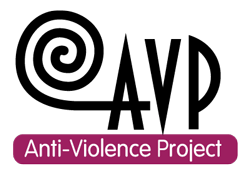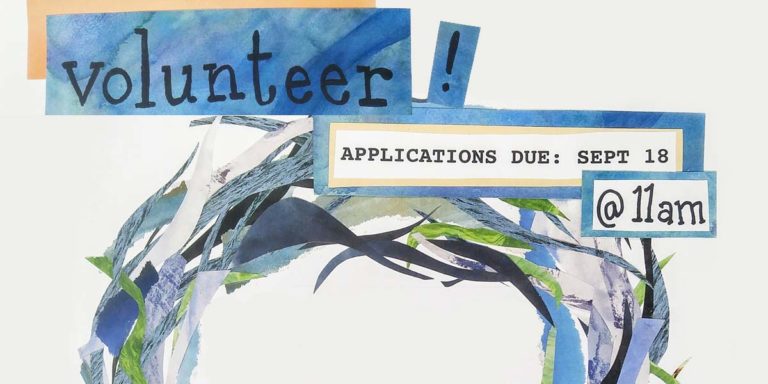To the Parents:
As an AVP staff member I have supported my fair share of students, particularly young female students. Recently I have noticed a disturbing trend in my support sessions: when it comes to creating a personal support network, students rarely consider including their own parents. I would often hear “No I can’t tell my parents, they will take me out of school, or force me into therapy!”
As a parent myself, I try to assume that we’re doing our best to support our children through difficult moments; however, that will be impossible if they don’t even consider coming to us for support when the hardest of things happen in their lives.
In our training at AVP we talk about sexualized violence as rooted in unhealthy power dynamics and entitlement. But we also know that most assaults happen between people who know, and(in varying degrees) care about each other.
The taking people’s power does not necessarily have to be recreated under coerced or violent means, we can simply ignore people’s ‘no’s’ and or personal agency to determine for themselves, whether they are negotiating intimate space or seeking a path to personal healing.
In our best efforts to care for our families and communities, our best intentions are not enough. As parents, friends, and community members we should not only teach our children to use consent, but practice it along with them. If we want our kids to trust us as supports when their consent has been violated, we need to have relationships with them based in consent, rooted in mutual asking, listening and respecting of each other’s personal needs.
When our relationships with our kids are based in consent, they’re much more likely to be relationships that will prioritize their needs and that we won’t impose our own intentions on their healing process. Creating cultures of consent, trust and care begins at home.
Written by: Carol Bilson








Useful post! Thank you so much for sharing it.